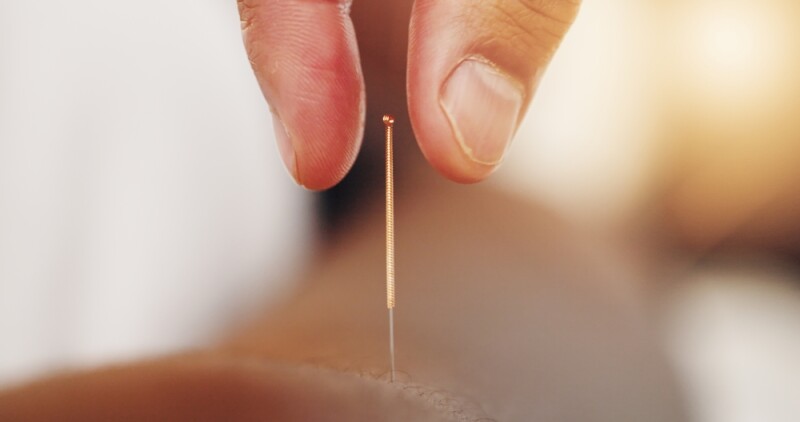Federal health agencies recommend pausing Johnson & Johnson vaccine amid clotting reports
The U.S. Centers for Disease Control and Prevention (CDC) along with the U.S. Food and Drug Administration (FDA) are jointly calling for a pause in the use of Johnson & Johnson’s novel coronavirus (COVID-19) vaccination, following six reported cases of a rare and severe type of blood clot.
As of April 12, 2021, more than 6.8 million doses of the Johnson & Johnson vaccine have been administered in the United States. The CDC and FDA are reviewing data involving six reported U.S. cases of a rare and severe type of blood clot in individuals after receiving the J&J vaccine. In these cases, a type of blood clot called cerebral venous sinus thrombosis (CVST) was seen in combination with low levels of blood platelets or thrombocytopenia.
All six cases occurred among women between the ages of 18 and 48, and symptoms occurred 6 to 13 days after vaccination. Treatment of this specific type of blood clot is different from the treatment that might typically be administered. Usually, an anticoagulant drug called heparin is used to treat blood clots. In this setting, administration of heparin may be dangerous, and alternative treatments need to be given.
CDC officials said it will convene a meeting of the Advisory Committee on Immunization Practices (ACIP) on Wednesday to further review these cases and assess their potential significance. Additionally, the FDA will review that analysis as it also investigates these cases. Until then, the agencies are recommending a pause in the use of this vaccine out of an abundance of caution.
Healthcare providers should be aware of the potential for these adverse events and plan for proper recognition and management due to the unique treatment required with this type of blood clot, the agencies said. These adverse events appear to be extremely rare, they said, but people who have received the Johnson and Johnson vaccine who develop severe headache, abdominal pain, leg pain, or shortness of breath within three weeks after vaccination should contact their healthcare provider.
Editor's note: Click here for more information and ongoing COVID-19 updates for integrative healthcare professionals.




















SHARE